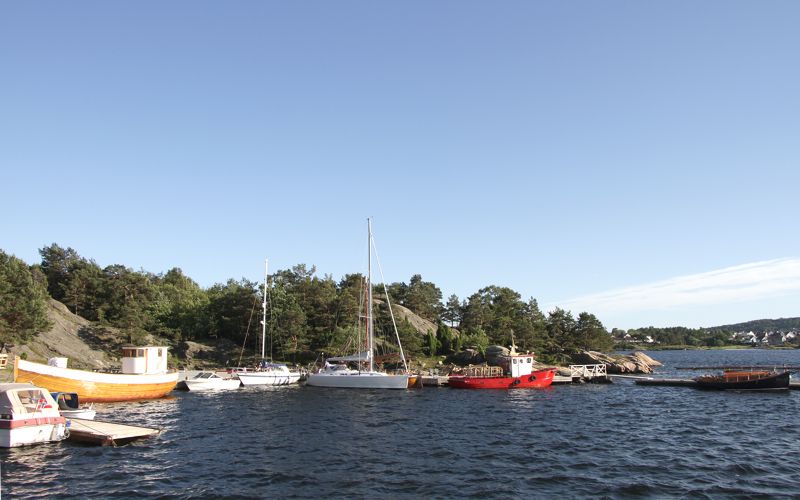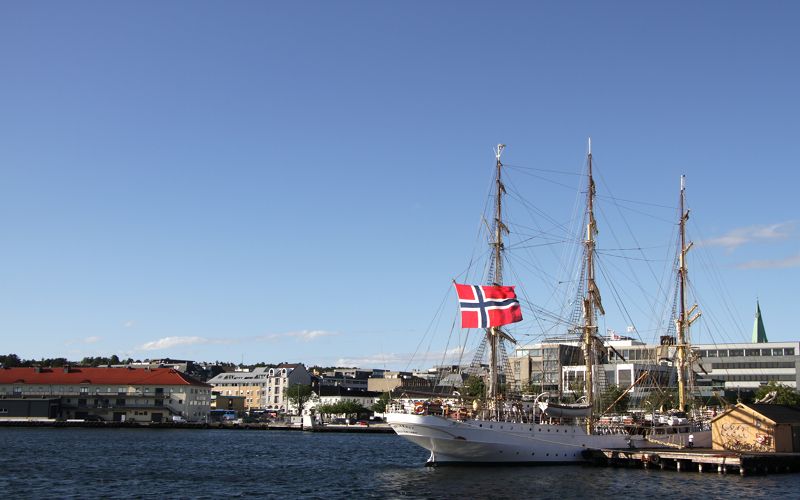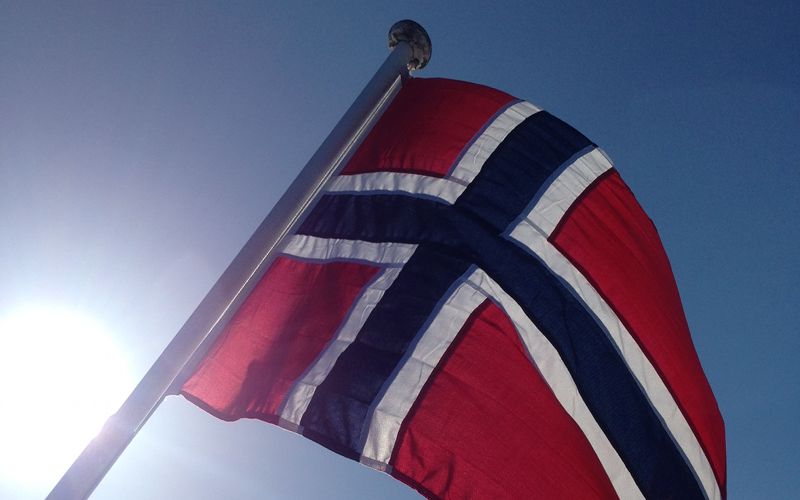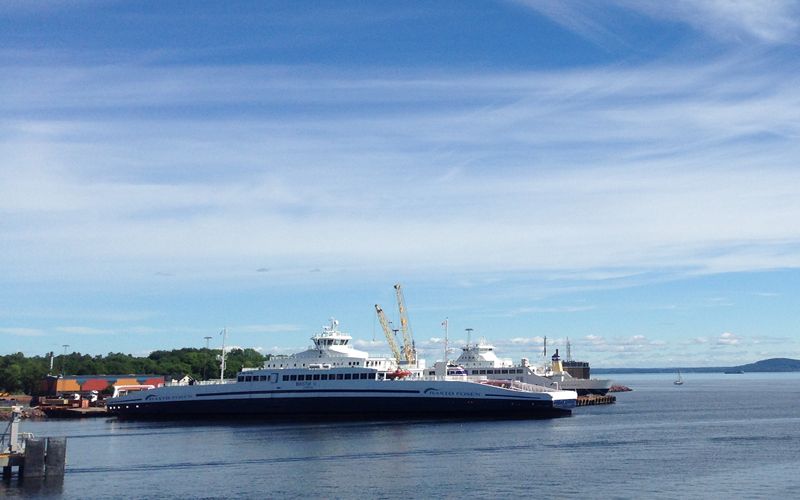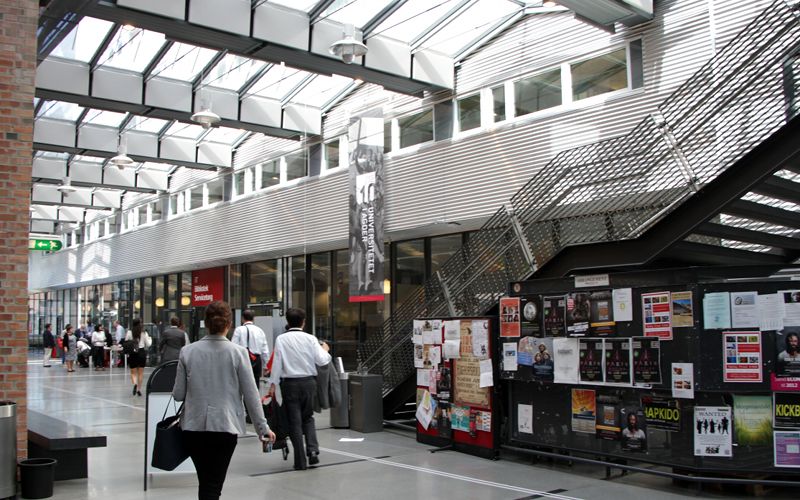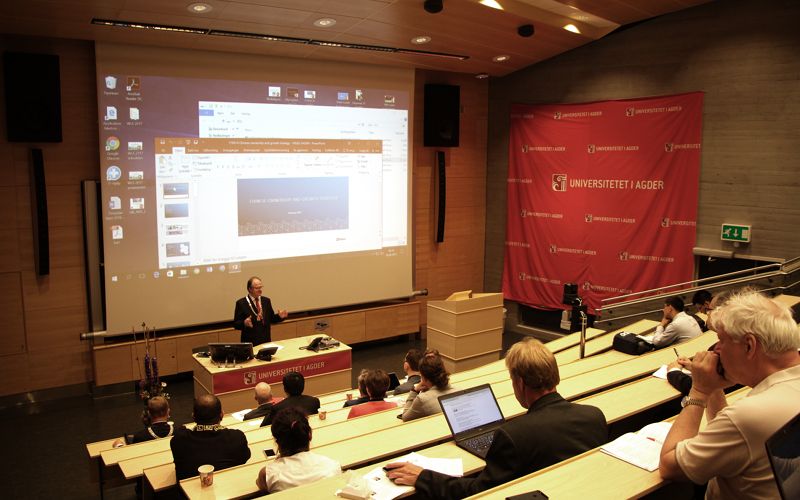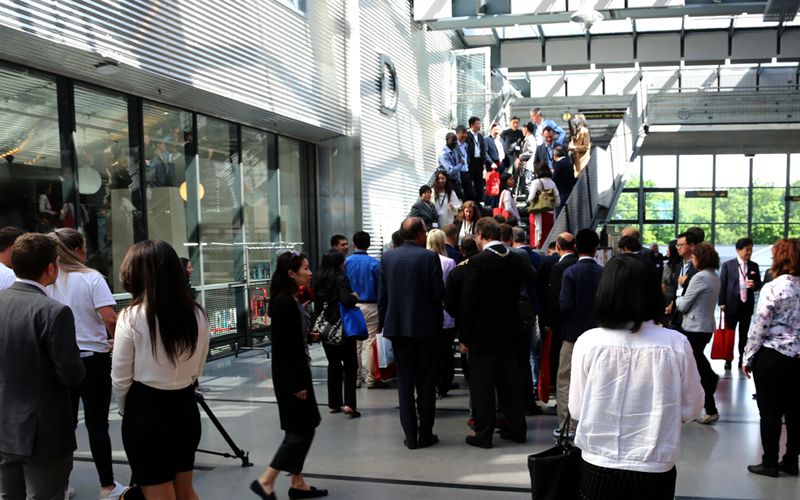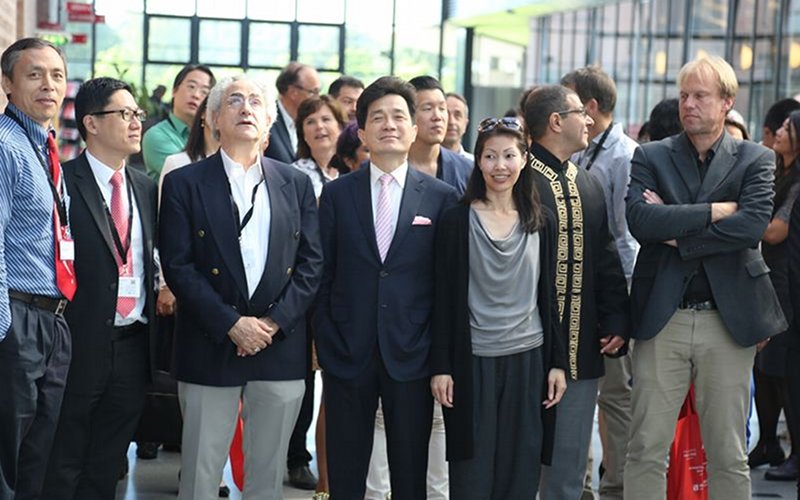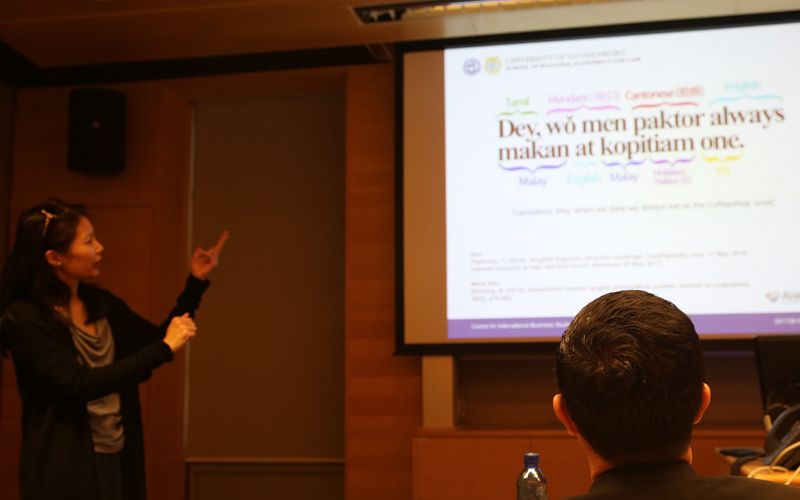The 11th China Goes Global 2017 conference, Kristiansand, Norway
Text & Photo © JE Nilsson, CM Cordeiro 2017
The 11th annual China Goes Global conference (CGG 2017) took place between 15-17 June at the University of Agder, in Kristiansand, Norway. I was last at this conference in 2014 [1, 2] in Shanghai, where this year’s gathering in Kristiansand, Norway, provides yet another splendid opportunity and platform for networking and the exchange of ideas on internationalisation processes related to China and the Chinese context.
